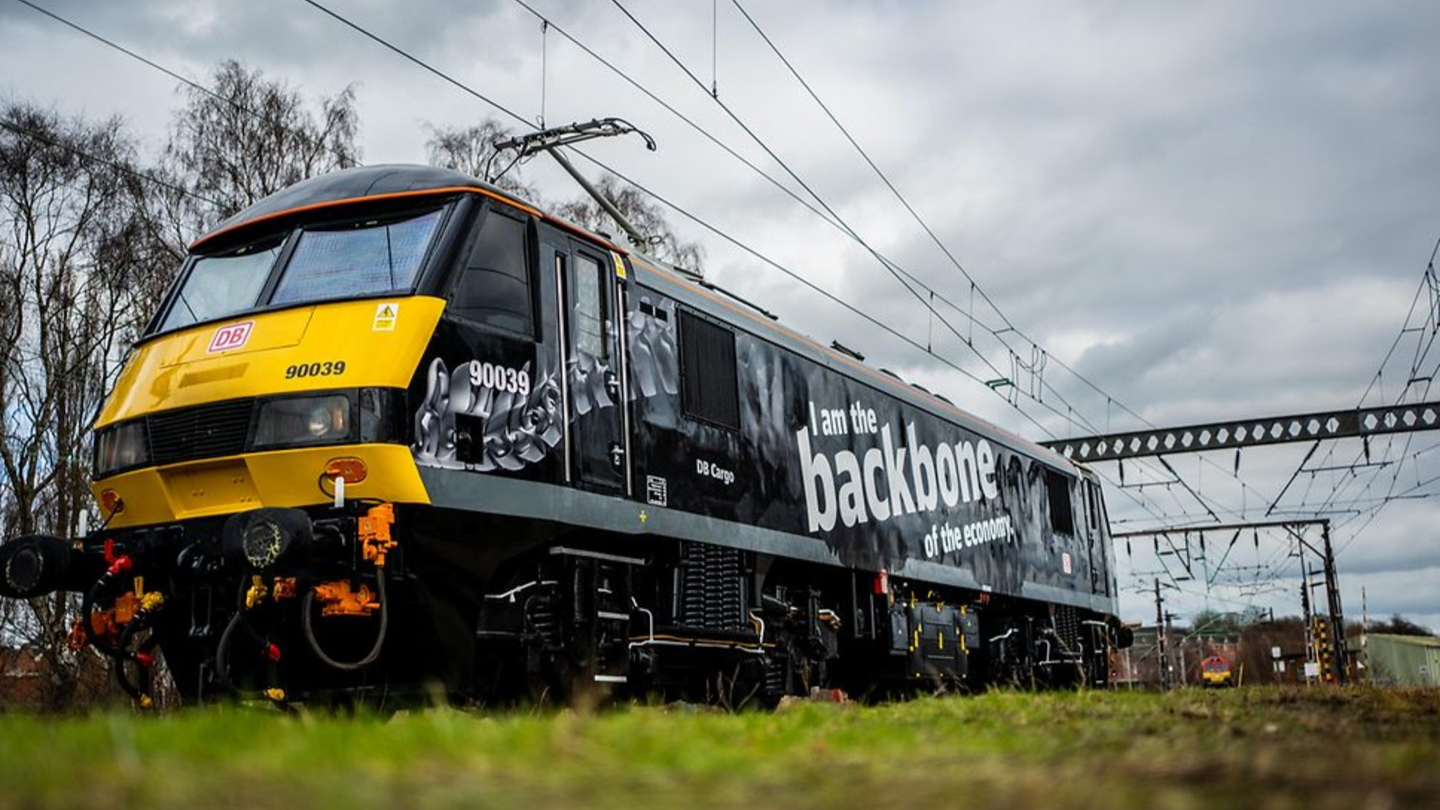
DB Cargo UK, one of the UK’s largest rail freight operators, has confirmed the retirement of its electric Class 90 locomotives after much speculation online, citing economic pressures and high running costs.
In a statement, the company said it would now focus its sustainability plans on the use of biofuels as a replacement for electric trains.
A spokesperson told Railway Technology: “We have taken the bold decision at DB Cargo UK to stand down our Class 90 electric fleet of locomotives due to the cost of running and maintaining this fleet given the extraordinary economic pressures facing our sector.
“Whilst this is not a decision we have taken lightly, it is one that we are using as a platform for greater engagement on affordability and availability of biofuels, which can be used in our existing, fully operational diesel fleet of locomotives to lower carbon emissions and operate more sustainably.”
Though DB Cargo UK’s 24 electric locomotives made up only a small part of its 228-strong fleet, its retirement is a bad sign for the future of the technology in the UK rail industry and follows a similar decision by the rail freight operator Freightliner in 2021.
It is understood that the company will now focus its sustainability efforts on its existing biofuel programme, including the use of hydrotreated vegetable oil to fuel its Class 67, 66 and 60 locomotives, which currently use diesel.
How well do you really know your competitors?
Access the most comprehensive Company Profiles on the market, powered by GlobalData. Save hours of research. Gain competitive edge.

Thank you!
Your download email will arrive shortly
Not ready to buy yet? Download a free sample
We are confident about the unique quality of our Company Profiles. However, we want you to make the most beneficial decision for your business, so we offer a free sample that you can download by submitting the below form
By GlobalDataA landmark track-testing of the fuel was carried out with Network Rail at the end of 2020 when one of DB Cargo UK’s Class 66 fleet transported a consignment of long-welded steel track from Scunthorpe to Eastleigh.
Though wholesale energy prices have largely settled in the UK since they began skyrocketing in 2022 as a response to a variety of issues including gas supplies and the war in Ukraine, many businesses are still feeling the effects of increased electricity costs.



